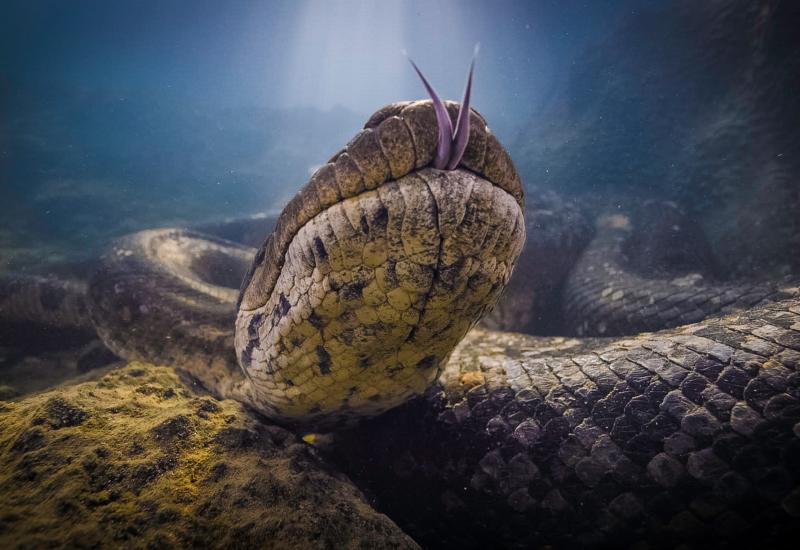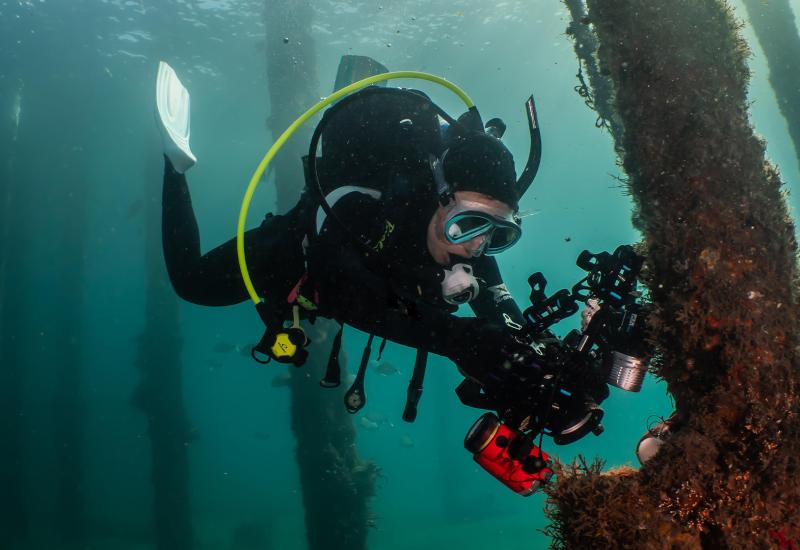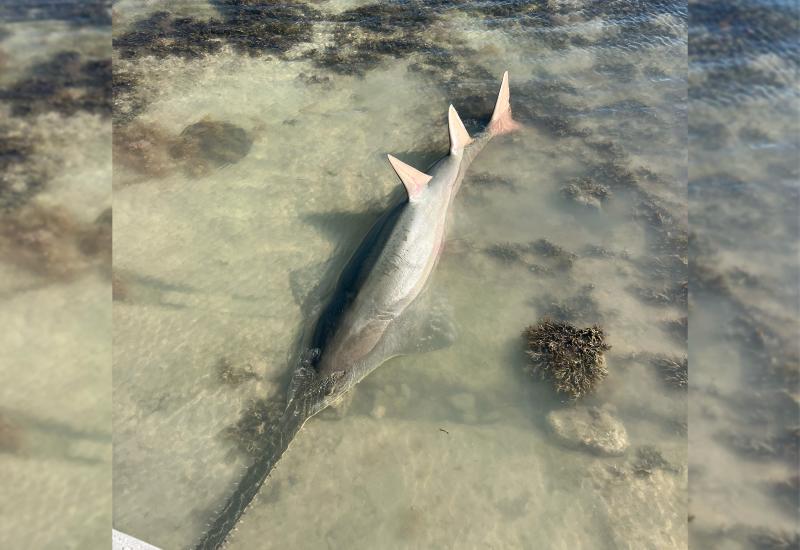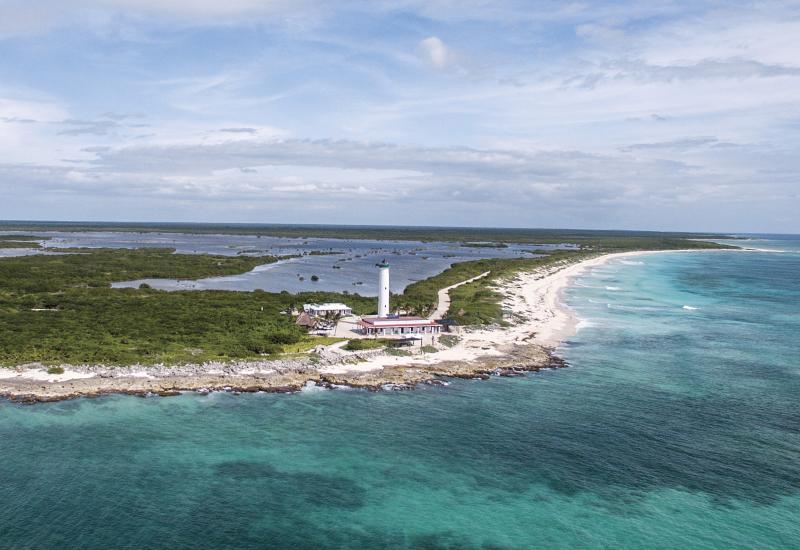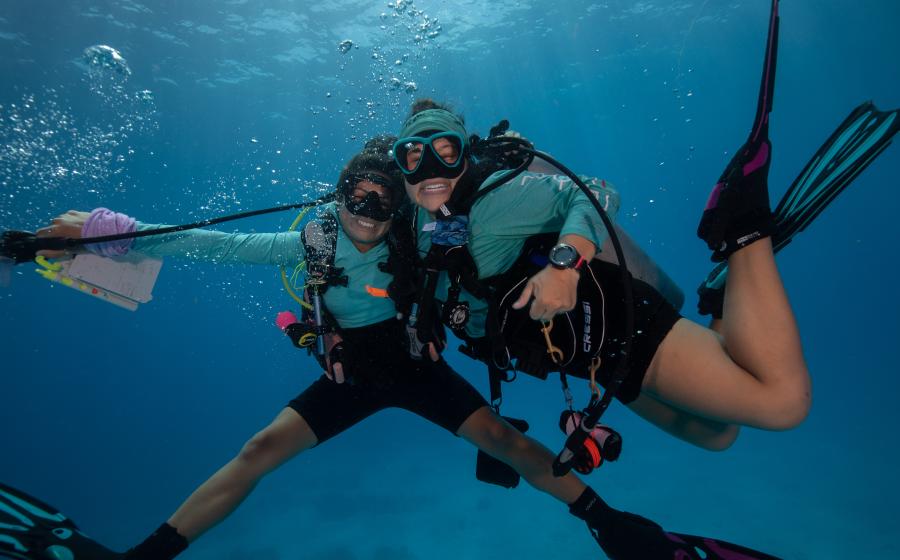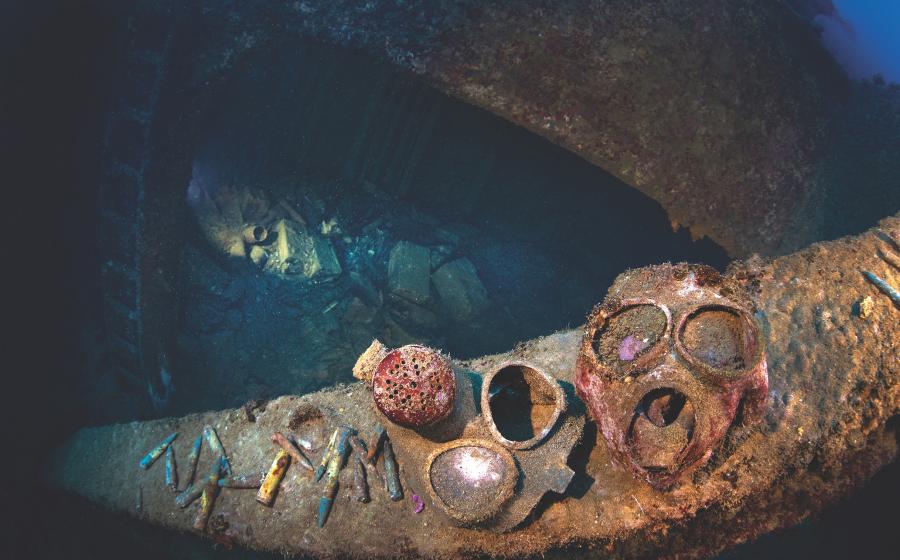Three Presidents of Micronesian Nations Sign Reef Check "International Declaration of Reef Rights" - Pledge to Protect Coral Reefs

Los Angeles, California - The President of Palau, Tommy Esang Remengesau, Jr. and his two Pacific island nation counterparts, Emanual Mori, the President of the Federated States of Micronesia, and Kessai Note, President of the Republic of the Marshall Islands signed the International Declaration of Reef Rights at the 7th Micronesia Presidents' Summit on September 5, 2007 in the State of Chuuk (formerly Truk).
The Declaration of Reef Rights was created by Los Angeles-based Reef Check Foundation to raise awareness about the value of coral reefs and the threats they face as well as to encourage people "to take the pledge" to help coral reef conservation and to stop activities that can damage reefs. Signers pledge to take nine practical actions that will help coral reefs such as requesting sustainable seafood at restaurants and markets, supporting environmentally friendly tourist operators and helping to reduce greenhouse gas emissions.
According to President Remengesau, "The Presidents and people of Micronesia recognize that the preservation of our coral reefs is critical to not only our economic survival, but also to our cultural survival. Taking into consideration the fact that 2008 will be the International Year of the Reef, we felt it was totally appropriate that Micronesia take the lead in combating the degradation of coral reefs throughout the world by signing the International Declaration of Reef Rights."
Annual surveys by Reef Check for the past 10 years indicate that coral reefs are in serious decline in many areas with 20% lost over the past 20 years and another 24% in jeopardy. Global warming increasingly threatens the long term health of reefs. According to Dr. Gregor Hodgson, Reef Check Executive Director, "Unfortunately, the coral reefs that many of us knew when we started scuba diving are no longer intact. The world is facing a worsening global coral reef crisis. The good news is that this damage is caused by human activities and is reversible. We are winning many battles to save reefs."
The Presidents, along with previous notable signatories such as marine biologist Dr. Sylvia Earle and environmental activist Daryl Hannah are encouraging other global leaders to learn more about the coral reef crisis and to sign the declaration online at reefcheck.org. Citizens from over 110 countries have already joined in this campaign.
Founded in 1997, the Reef Check Foundation (a 501 (c) 3 nonprofit organization), was established to reverse the coral reef crisis. Last year, Reef Check set up six large Marine Protected Areas in the Philippines and Indonesia and monitored new protected areas in California. Reef Check programs provide ecologically sound and economically sustainable solutions for local businesses and communities, and thousands of volunteers participate in its programs in over 90 countries. Reef Check provides solutions through the EcoAction, EcoExpeditions and Coral Reef Management programs and through Roving Research Teams of scientists who study coral reef health at remote locations worldwide. Reef Check California was launched last year to help conserve rocky reef life in California.
The Micronesian nations of Palau, Federated States and Marshall Islands are probably best known for the fierce battles fought there during World War II. Chuuk lagoon is considered the Japanese Pearl Harbor with dozens of ships sunk. These islands are now highly sought after destinations for dive tourism. With coral reefs declining in many parts of the world, divers are increasingly focusing on the last remaining countries that are taking care of their reefs. In Micronesia divers can still see sharks, manta rays, and huge fish due to these nation's careful management of their reefs.
The International Declaration of Reef Rights may be viewed and signed at www.reefcheck.org. Photographs of the signing are available.
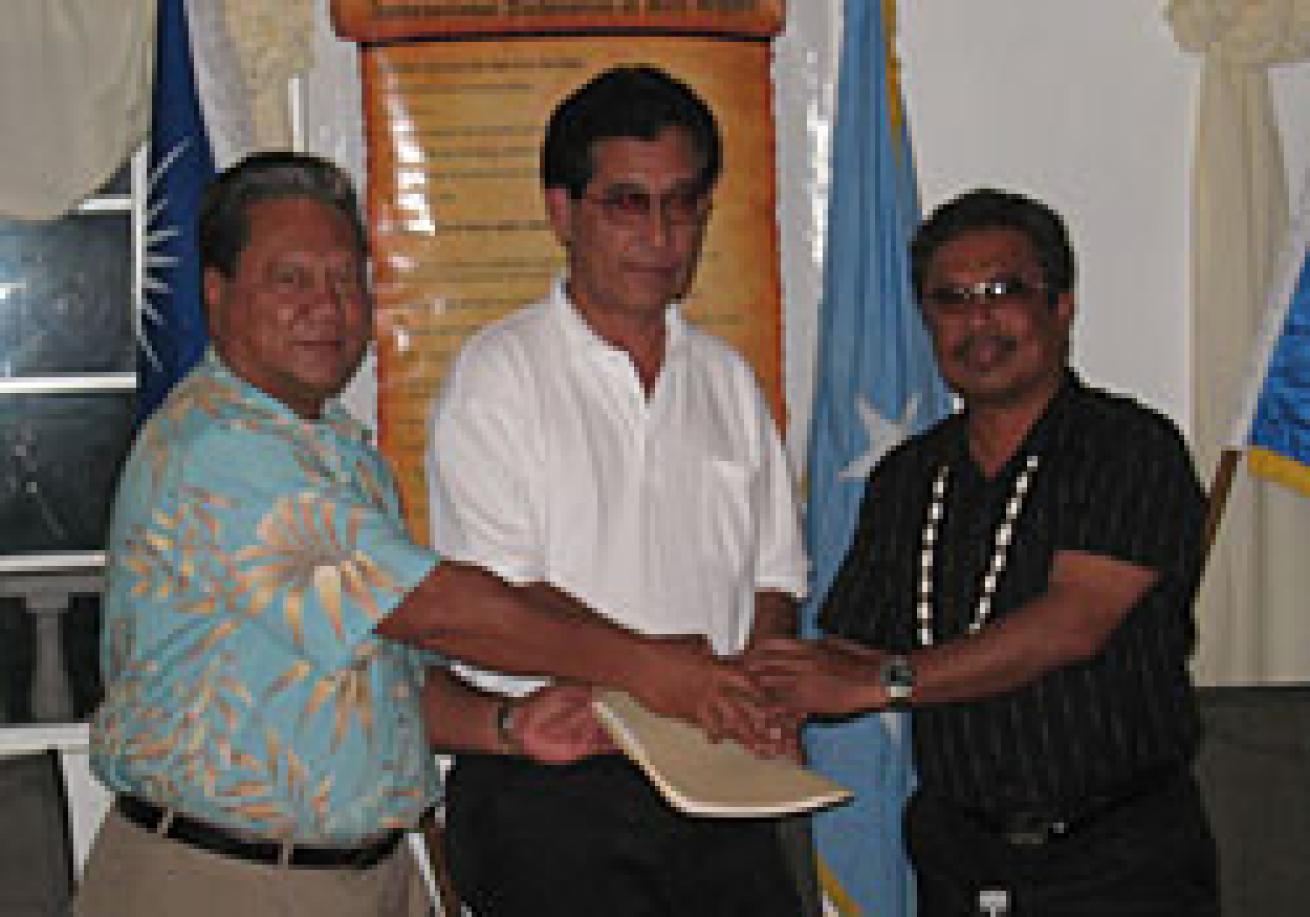
Los Angeles, California - The President of Palau, Tommy Esang Remengesau, Jr. and his two Pacific island nation counterparts, Emanual Mori, the President of the Federated States of Micronesia, and Kessai Note, President of the Republic of the Marshall Islands signed the International Declaration of Reef Rights at the 7th Micronesia Presidents' Summit on September 5, 2007 in the State of Chuuk (formerly Truk).
The Declaration of Reef Rights was created by Los Angeles-based Reef Check Foundation to raise awareness about the value of coral reefs and the threats they face as well as to encourage people "to take the pledge" to help coral reef conservation and to stop activities that can damage reefs. Signers pledge to take nine practical actions that will help coral reefs such as requesting sustainable seafood at restaurants and markets, supporting environmentally friendly tourist operators and helping to reduce greenhouse gas emissions.
According to President Remengesau, "The Presidents and people of Micronesia recognize that the preservation of our coral reefs is critical to not only our economic survival, but also to our cultural survival. Taking into consideration the fact that 2008 will be the International Year of the Reef, we felt it was totally appropriate that Micronesia take the lead in combating the degradation of coral reefs throughout the world by signing the International Declaration of Reef Rights."
Annual surveys by Reef Check for the past 10 years indicate that coral reefs are in serious decline in many areas with 20% lost over the past 20 years and another 24% in jeopardy. Global warming increasingly threatens the long term health of reefs. According to Dr. Gregor Hodgson, Reef Check Executive Director, "Unfortunately, the coral reefs that many of us knew when we started scuba diving are no longer intact. The world is facing a worsening global coral reef crisis. The good news is that this damage is caused by human activities and is reversible. We are winning many battles to save reefs."
The Presidents, along with previous notable signatories such as marine biologist Dr. Sylvia Earle and environmental activist Daryl Hannah are encouraging other global leaders to learn more about the coral reef crisis and to sign the declaration online at reefcheck.org. Citizens from over 110 countries have already joined in this campaign.
Founded in 1997, the Reef Check Foundation (a 501 (c) 3 nonprofit organization), was established to reverse the coral reef crisis. Last year, Reef Check set up six large Marine Protected Areas in the Philippines and Indonesia and monitored new protected areas in California. Reef Check programs provide ecologically sound and economically sustainable solutions for local businesses and communities, and thousands of volunteers participate in its programs in over 90 countries. Reef Check provides solutions through the EcoAction, EcoExpeditions and Coral Reef Management programs and through Roving Research Teams of scientists who study coral reef health at remote locations worldwide. Reef Check California was launched last year to help conserve rocky reef life in California.
The Micronesian nations of Palau, Federated States and Marshall Islands are probably best known for the fierce battles fought there during World War II. Chuuk lagoon is considered the Japanese Pearl Harbor with dozens of ships sunk. These islands are now highly sought after destinations for dive tourism. With coral reefs declining in many parts of the world, divers are increasingly focusing on the last remaining countries that are taking care of their reefs. In Micronesia divers can still see sharks, manta rays, and huge fish due to these nation's careful management of their reefs.
The International Declaration of Reef Rights may be viewed and signed at www.reefcheck.org. Photographs of the signing are available.

